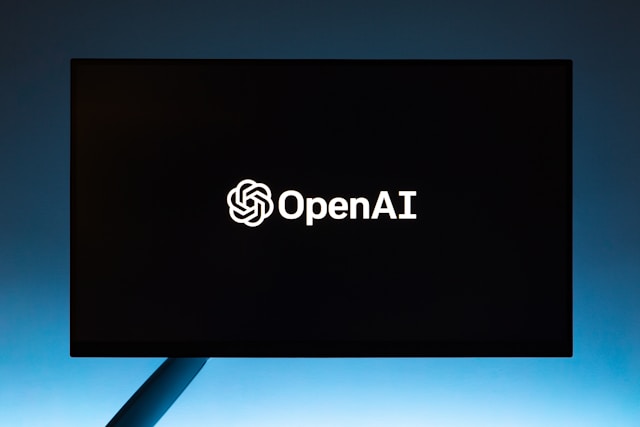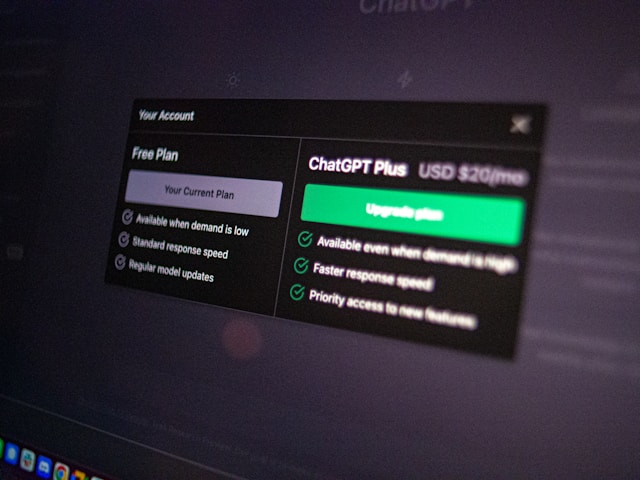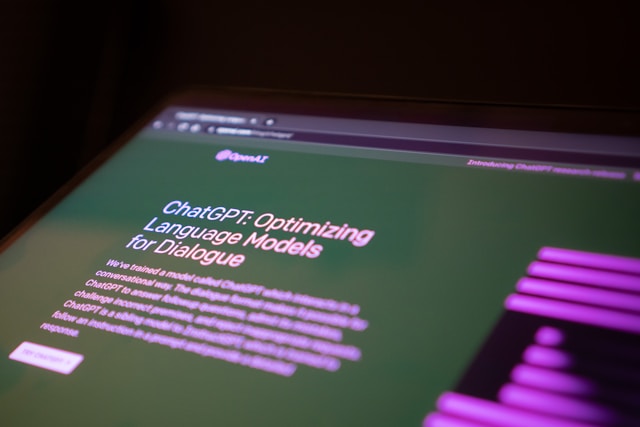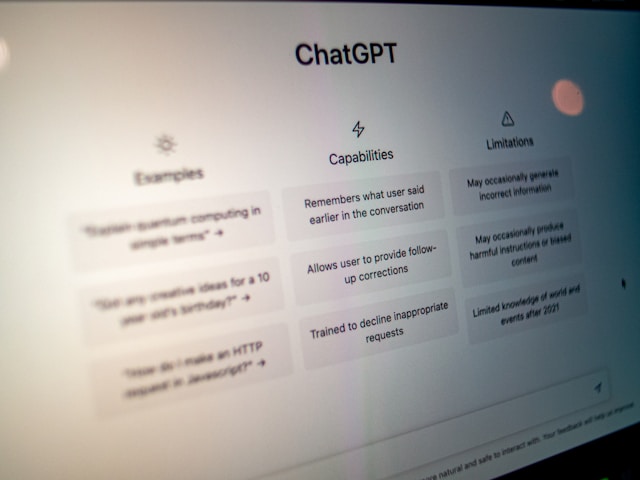In a bold move that could redefine how the world experiences the web, OpenAI has launched a new artificial intelligence–powered browser called Atlas. The launch marks OpenAI’s most ambitious step yet beyond conversational AI and positions it as a direct challenger to Google’s long-standing dominance in search and browsing.
A Browser Reimagined Around AI
Atlas is built on the Chromium engine, the same open-source foundation that powers Google Chrome and Microsoft Edge. But while most browsers still rely on users typing URLs or search queries, Atlas turns that process on its head.

Instead of simply browsing, users can converse with the web. A built-in ChatGPT sidebar allows you to summarize articles, compare data, write emails, draft reports, or even perform web actions , all through natural language commands.
Introducing “Agent Mode” — AI That Acts on Your Behalf
Perhaps the most revolutionary feature is Agent Mode, where ChatGPT doesn’t just assist, it acts. With permission, the AI can navigate websites, add items to a cart, fill out forms, make bookings, or execute tasks online autonomously. Initially, this mode will be limited to ChatGPT Plus and Pro subscribers, giving paying users early access to OpenAI’s vision of an intelligent, task-performing browser assistant.

Available first on macOS — Windows, iOS, and Android to Follow
According to OpenAI’s announcement, Atlas will launch first for macOS users, with versions for Windows, iOS, and Android coming soon. The company highlighted that the browser integrates smoothly with existing OpenAI accounts, enabling users to sync their conversations and preferences. For those with ChatGPT memory enabled, Atlas will even maintain context across sessions.
A Challenge to Google’s Core Business Model
The launch of Atlas is being widely viewed as a direct challenge to Google, whose Chrome browser and search engine dominate global internet activity. By embedding search-like functionality inside an AI assistant, OpenAI is effectively bypassing traditional search results, the foundation of Google’s ad-driven ecosystem.
Market analysts note that this shift could signal a new wave of AI-centric browsing, where results are generated contextually rather than served through links and ads. Following the Atlas announcement, reports indicated a dip in Google’s market value, underscoring industry concern about the future of ad-based search.

What Makes Atlas Different
Beyond its conversational interface, Atlas aims to redefine user experience through:
- Contextual Understanding: Retains past interactions, allowing for continuity in tasks and topics.
- AI Summarization: Can summarize lengthy web pages, PDFs, and documents instantly.
- Privacy Controls: Offers transparency about when and how agent actions occur, addressing growing user concerns about AI autonomy.
- Integrated Productivity: Enables note-taking, data extraction, and content generation within the same browsing window.
The Road Ahead
While Atlas has sparked excitement, challenges remain. Competing against Google’s entrenched browser and search presence will require not just innovation, but ecosystem adoption and trust. Questions around data privacy, ethical AI behavior, and long-term monetization also loom large. Nevertheless, the debut of Atlas signals a new era where browsing, searching, and doing converge into a single AI-powered experience. As OpenAI CEO Sam Altman noted during the announcement, “The browser shouldn’t just display the web, it should help you use it.”

Final Thoughts
Atlas is more than a browser; OpenAI declares that the future of the internet will be conversational, intelligent, and user-driven. Whether it dethrones Google or simply reshapes the web’s next chapter, one thing is clear: the age of the AI browser has begun.




 /home/afripjzx/technewsglobal.net/wp-content/themes/foxiz/templates/popup.php on line 167
/home/afripjzx/technewsglobal.net/wp-content/themes/foxiz/templates/popup.php on line 167